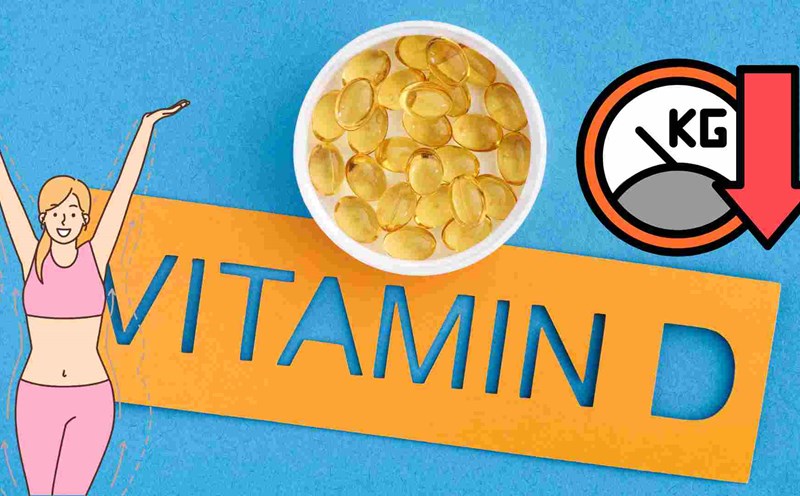The importance of vitamin D for women
Vitamin D, also known as sunlight vitamin, is an essential nutrient that helps women maintain comprehensive health: from strong bones, excitement to immunity and stable pregnancy. However, according to nutritionist Amy Brownstein ( International Institute of Nutrition, USA), most women today do not get enough vitamin D per day.
The recommended daily intake is 600 international units (I Us), equivalent to 15 micrograms (mcg) for women aged 1 - 70, including pregnant or breastfeeding women. Women over 70 years old should increase to 800 IU (ie 20 mcg).
Vitamin D is better absorbed when taken with fatty foods. Therefore, fatty fish, egg yolks, whole milk, sun-dried mushrooms... are all ideal sources of supplementation. In addition, you can also sunbathe for about 1530 minutes a day, helping your body produce vitamin D on its own.
When do women need to supplement more vitamin D?
Women with dark skin, older adults, less exposure to sunlight or living in low-light areas (such as temperate areas, prolonged winter) are more likely to be deficient in vitamin D, says Suzanne investor, a clinical nutritionist at the Florida Womens Health Center. In addition, obese women, people with intestinal diseases or taking certain medications such as corticoids, statins, diuretic drugs, etc. also need to pay attention to supplementing properly.
Vitamin D not only helps prevent postmenopausal osteoporosis but also supports hormonal balance, reduces the risk of postpartum depression, increases immunity and contributes to improving in vitro fertilization (IVF) outcomes.
To know if you are deficient or not, you can have a blood test to measure the concentration of 25-hydroxyvitamin D. If lower than 20 ng/mL is not enough, then you need to adjust by eating properly, suncare properly and can supplement vitamin D according to the doctor's instructions.
However, too much is not good. Taking too much vitamin D over a long period of time can cause nausea, kidney stones, increase blood calcium, and even damage the liver and kidneys. The daily safety limit is not more than 4,000 IU.











